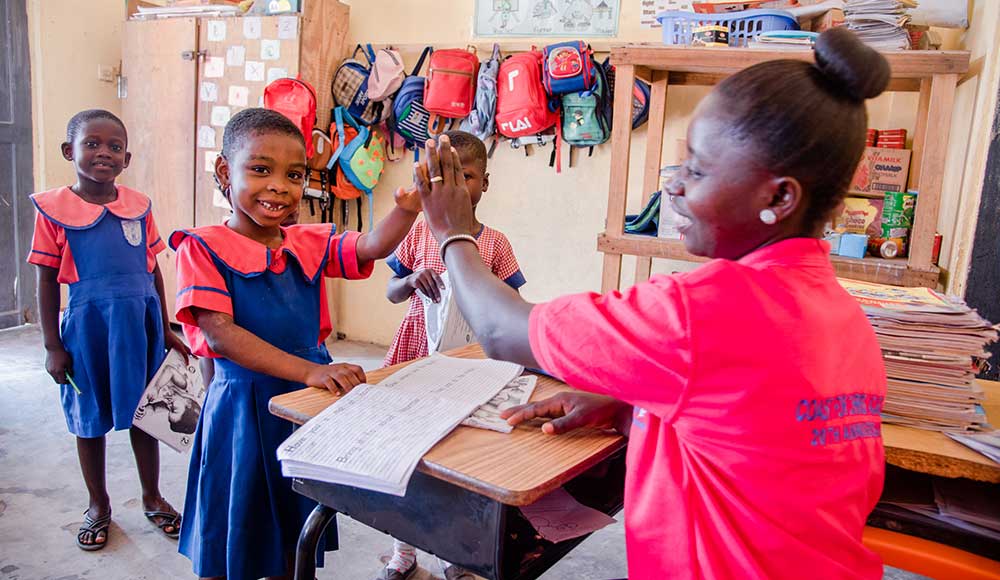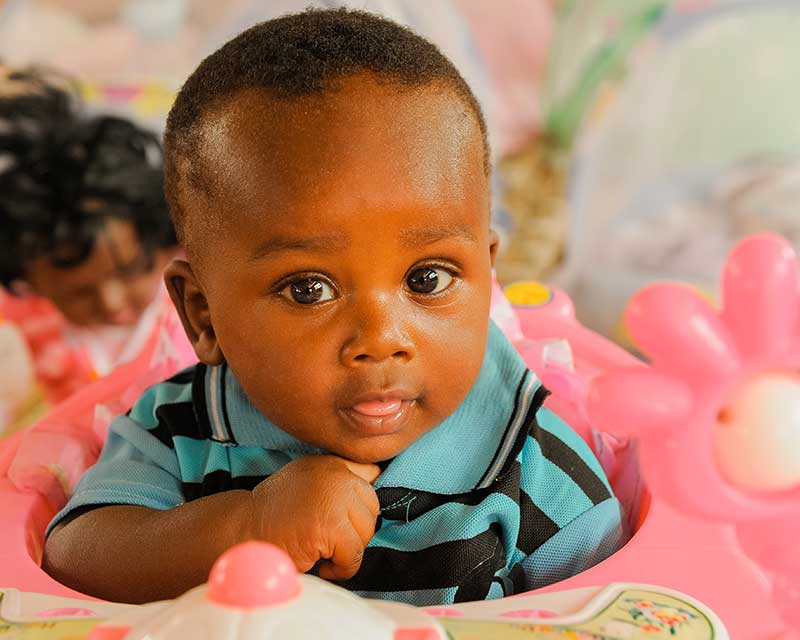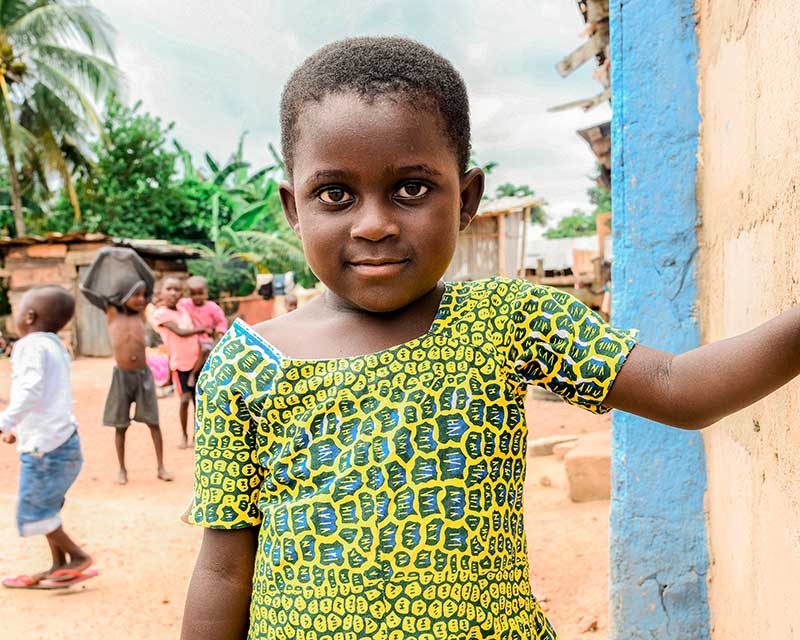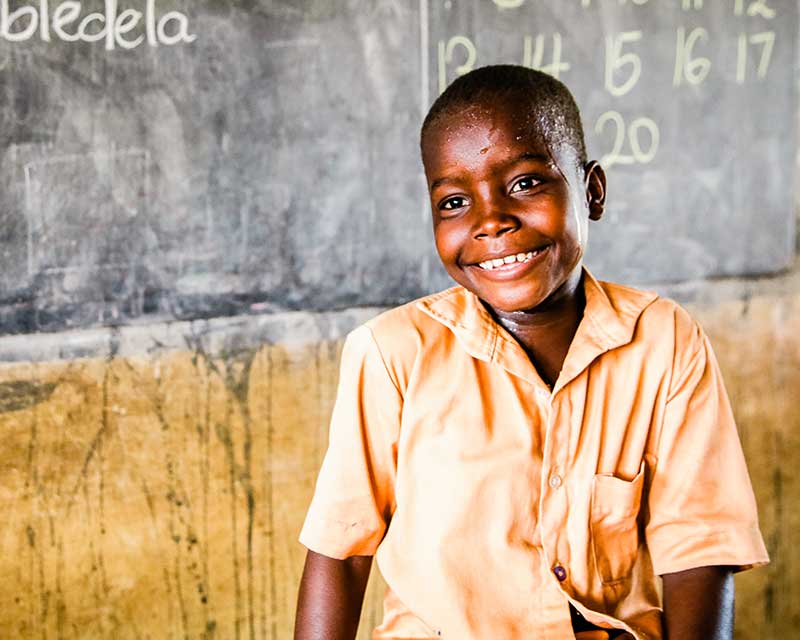When Comfort fell pregnant at 17, she not only faced fear and confusion at the prospect of being a parent, but her family disowned her.
“My father had plans for me to further my education, but he was disappointed in me for getting pregnant. He washed his hands of me and did not care what became of me,” says Comfort. Read more open_in_new
Success for a survival project in Ghana
When Comfort fell pregnant at 17, she not only faced fear and confusion at the prospect of being a parent, but her family disowned her.
“My father had plans for me to further my education, but he was disappointed in me for getting pregnant. He washed his hands of me and did not care what became of me,” says Comfort.
Comfort and her partner, Robert, were left to endure a pregnancy in poverty. It wasn’t long until Comfort became very weak—although she never drew attention to it, as she was worried her family would taunt her for falling pregnant.
Despite her condition, Comfort agreed to carry one of her aunt’s twins to the local child development centre so that she could register in the Mums and Babies project. Unbeknownst to her, this would be a decision that changed her unborn child’s life. God intervened.
As soon as she arrived at the child development centre, concerned staff noticed she was anaemic and highly malnourished, and immediately registered her in the Mums and Babies project.
“If I had not been registered, I would not have been sent to hospital and I would not have been alive to give birth,” says Comfort.
With medication and ongoing checkups, she recovered and soon gave birth to a healthy baby girl she named Emmanuella—meaning ‘God is with us’.
Compassion centre staff regularly visited Comfort, offering her lessons in health, hygiene and preparing nutritious meals, and encouraging her to attend the clinic to monitor Emmanuella’s growth and development. She also received monthly food supplements such as rice, beans, oil, milk and fish. The centre even paid for her hospital bills.
Emmanuella is now a healthy and vibrant 7-year-old. She transitioned from the Mums and Babies project into the Child Sponsorship Program; she’s now able to gain an education and has a new hope for her future. And Comfort has saved to meet her goal of becoming a hairdresser to support her family—with the child development centre pitching in to see her dream come true.
Both Robert and Comfort are thankful to the local church and Compassion for helping them to realise a brighter future.





